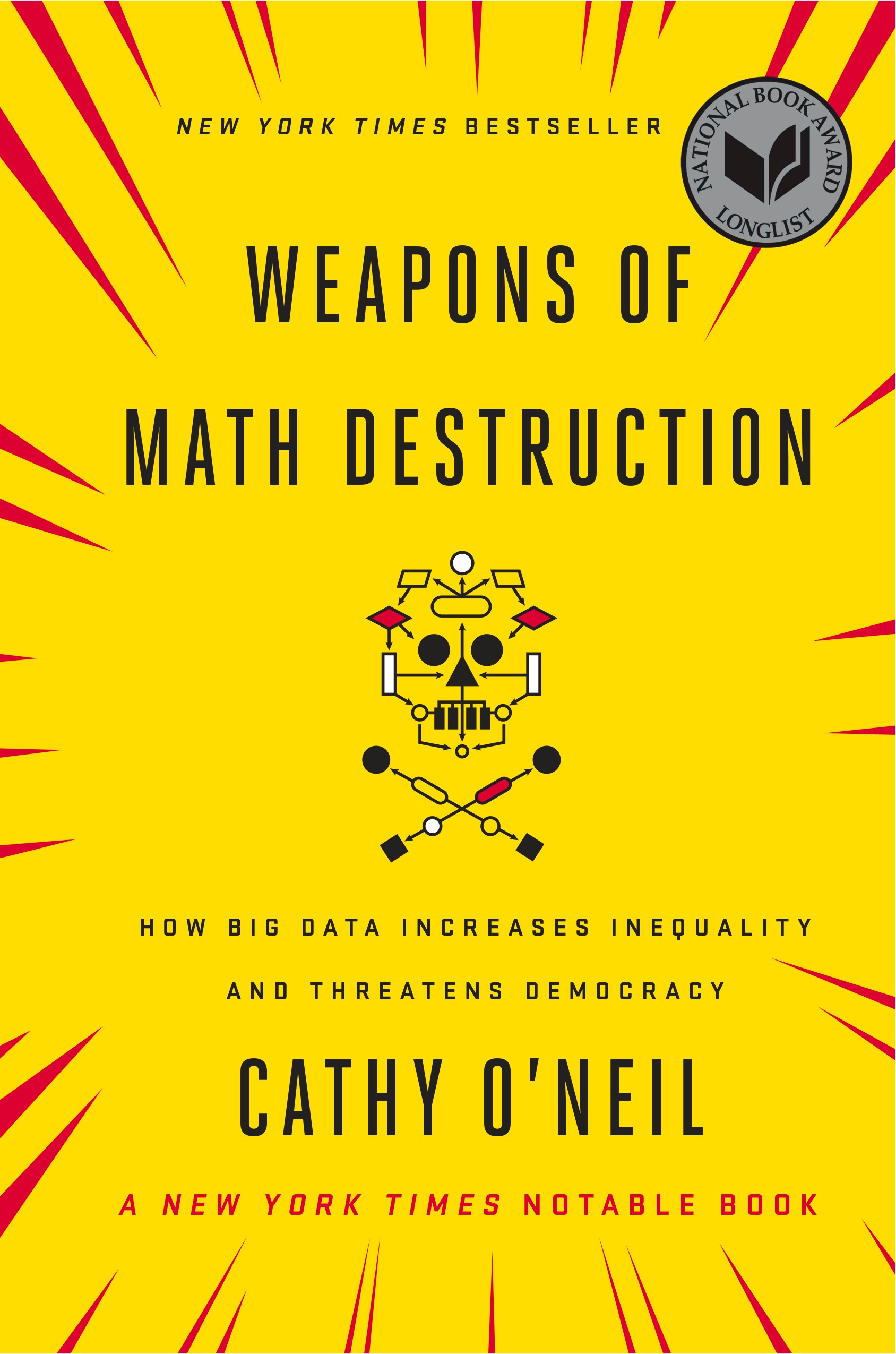spacetime coordinates: a US enclave in Acapulco Mexico cca 2015 till now

It showcases a series of events that unfold over six years. An impulsive one-time gathering in Acapulco, turns into an annual event. Directed by Todd Schramke. It showcases a series of events that unfold over six years.
I have posted in the past an in-depth documentary in 3 parts directed by Ramonet (Tancrède) about anarchist history, thinking and various experiments, and even mentioned in passing the figure of Murray Rothbard (1925-1995). In comparison this documentary feels like a joke or a mock-up but for many it might still spell the truth about current anarcho-capitalist trends. Others have done a much better job at outlining the intellectual history of that particular school of extreme market capitalism from which it sprung called neoliberalism, and how its birth after WW1 out of the ashes of the multi-national Habsburg Empire was much more than the usual key figures everybody mentions (Friedrich Hayek and Ludwig von Mises), yet they are the ones who left a lasting and one might say pretty damaging imprint on today’s brand of globalism. It is in this context that historian Quinn Slobodian mentions a few important others (such as Wilhelm Röpke and Michael Heilperin), that struck a different path than their predecessors or contemporaries not supporting the usual laissez-faire economics but ending up on some bizarre intellectual paths of their own (including preparing some of the actual racist enthno- politics or one might say).
As capitalism arrived in Romania after 1989 with layoffs, unprecedented deindustrialization, price liberalisation (and the follow-up: gig economy and precarity), the usual fare of shock therapy (at least in Eastern Europe) was also accompanied by a sleuth of translations from some of these and other writers. Since these ideas suddenly started being so pervasive, so ‘natural’ in our societies, their influence ranges from government edicts to from movies and (sadly) school textbooks. Hard to trace their history or to even question them nowadays as presentism rules. Still there’s family resemblances. One characteristic they have in common (even the Wilhelm Röpke and Michael Heilperin might agree on that) is in the words of another important historian – Ellen Meiksins Wood – the differentiation of ‘spheres’ in capitalism, in particular the separation of the ‘economic sphere’ from the ‘political sphere’. The way in which capitalism exploitation works along in history is by transforming certain “essential political issues—struggles over domination and exploitation that historically have been inextricably bound up with political power—into distinctively ‘economic’ issues.”(check Ellen M W essential article from 1981 on that!).
Here come the anarcho-capitalist of today. Californian Ideology is drenched with that too. It is a direct child-brain of the Reagan-Tatcher compact. In other obnoxious ways it keeps vaunting its purity & pseudo outcast veneer – by affirming its libertarian credo. Year they have a mottled base and have drawn members from all sorts of corners (and this docu makes it amply clear): affluent types ex-finance ex-Wall Street types, Tech Billionaires, Dark Web traffickers dominante to which one might add gun ownership rights promoters, preppers, ex vets, home-schooling activists, tax-resistence activists, even the odd pacifist, conspiracy theorists etc. Still, most vizibile in the end are PROMOTERS OF HYPERBITCOINITIZATION and its almost as if this subtends their whole experiment, without any questioning ot tech scepticism (as long as they sponsor you & coin pays). But to talk about real – thermodynamic costs. It’s a crypto data mining bonanza world where thermodynamics (Gottfried Leibniz’s point about mathematician Pierre-Simon Laplace’s demon – an argument wisely made jn regard to Blade Runner by C Mudede) is forgotten, magically suspended. It’s not at all far-fetched to say ideas espoused or ideological commitments expressed by ancaps had a say in both the alt-right and the 2021 United States Capitol Attack as well as the current crypto boom and bust. Bitcoin and blockchain tech are part of what could be coined Silicon Valley Solutionism – of preffering a technological fix for everything or pushing their inventions and solutions especially if they benefit the providers of those very solutions (sold with an invisible higher prize tag than what the city administrations have payed to make it snug & comfy for them). Anarhapulco seems like a bizarre neocolonial enterprise in US backyard: Latin America. Since end of 19th c ghe rising US Empire has played dirty, brutally pushing its interests and orchestrating numerous anti democratic political coups in the name of democracy, subverting local power and increasing misery and instability. It’s NSS apparatus, it’s corporations and elites have been instrumental in that. Important to understand that these flimsy overnight positions and ideologies are not at all as spontaneous or self-made meaningless Anarcapulco ‘joke’ had deep roots in the Cold War era narratives and paranoia of movies such as Red Dawn or books such as Atlas Shrugged by Ayn Rand where the enemy was either US state (or IRS) described as a hideout for ‘commies’ or ‘parasites’ at home. Movies such as Tge Hunt also speak of this shifting paranoia that characterizes uses of ‘RINOs'(Republican In Name Only) to blame those deemed un-loyal, ‘bad actors’ and especially the strawman of Cultural Marxism or malefic liberal elites at home.
The reality is much more complex, and there is actually historically and institutional reasons why this complicity btw the National Security State and its covert support for such radical free market elements or entrepreneurial ideas works almost because of ideals that otherwise would deny all state involvement and all goverment aid. Did the at any point ask or consult even the local communities were they landed? Did they use any democratic means to inquire what the locals think prior to their arrival there? Noy at all. All this whining over taxation and constant victimizing over government interference actually hides the way cities in the US have been declared “failed cities” (see Detroit – who also makes an appearance in The Anarchist as a ‘white’ commune ? almost the counterpart of Anarcapulco). They ignore the almost complete systemic racism, non existent welfare, rampant environmental injustice sjd unwillingness to act on it, a minuscule public spending and endemic lack of goverment interference – since for all its global reach, tech supremacy, influence in world affairs and military over reach (800 mil basis around the world) the US internally is built on feet of clay.
Important to understand that these anti- government ideas did not go away with Tatcher or Reagan, but have been very cooking up, alive in the dotcom boom rise & fall, the foundation & impunity of (national asset) Big Tech entrepreneurship since the early 1990s, well before COVID 19 pandemic struck and expose how the trust in much public institutions had been eroded, or if public infrastructure and even liberal democracy was itself worth saving, well before the UBER leaks scandal hit us.
So maybe you won’t find anything of the above in this docuseries, and on watch lists and recommendation. I find these things pretty blaring. The Anarchists is more about the celebertarians and seasteading than their actual history of ancap encrouchment (although u see a lot of Ron Paul and even clips with Ayn Rand – tough that would be enough to put you off). Watch it if you must, keeping in mind all of the above or enjoy a conventional beach resort party gone sore. The only interesting part (beside its almost cheapo reality TV feel) is how made-up and how unconvincing sound this cries for freedom from normal affluent mostly white (apart from very few notable exceptions) mostly bachelor, well educated and mostly male (the women had almost scripted exclusive nurturing roles). The only unstable elements – the sad PTSD vets are almost colateral, but they are the only shadow of constant wars abroad (Irak, Afganistan) and the way imperial foreign policy strikes back, becomes war as mass culture. Militarism abroad has a tendency to spill over into militarization of police violence and disastrous & multiplying mass shootings.
Apart from a vegan place there is NOTHING absolutely nothing about the local Mexican anarchists or rich local resistance and anti-exploitation anti imperialist histories. Where is the history of the Mexican Revolution, of of the earliest revolutions of the XX c? Where are the Trots’s in exile or the Zapatistas in the South? All these counter-histories seem forgotten, delete. Nothing about the terrible costs inflected upon migrants that want to move North in search of a better life no matter what the cost to their personal liberty and freedom or the risk from de-hiydration or being hunted down by vigilante right wing border patrols. None of that here! It is a history in a bubble of another bubble. Nobody is questioning the criteria on which this on rush for so-called boundless optimization, efficiency and guaranteed benefits is built. Here are the absolute total normies you might say – and look how easy it is nowadays to self-identify as ‘anarchist’ or be reborn overnight as libertarians or have a friend in crutches hand you a book on the EVIL gov, and then instant ‘alternative’ lifestyles suddenly feel part of ‘your’ orientation and mission. This generally tends to end bad for the unprotected. Is it odd, is it ‘radical’ to be one of those suddenly moving from the rich Global North to the Global South being moved by ‘vibes’ and crypto-currency sponsorship and blogging platforms?! Don’t think so. It’s striking that most ‘crypto scheme’ promoter plan to revolutionize the economy only in impoverished, deregulated, and de-funded countries and mostly having suffered directly under the US neo-colonialism. They are either reeling after neoliberal ‘shock therapy’ or finding themselves squeezed under crushing private international debt & austerity measures. This possible explains how crypto arrived in Salvador via goverment promises and Philippines via gaming. The whole cheaper than at home (low cost) hotel- ballardian (Cocaïne Nights) environment living in Anarchapulco is actually what the utopia of this seasteding (fiscal paradise) crowd was all about.



























